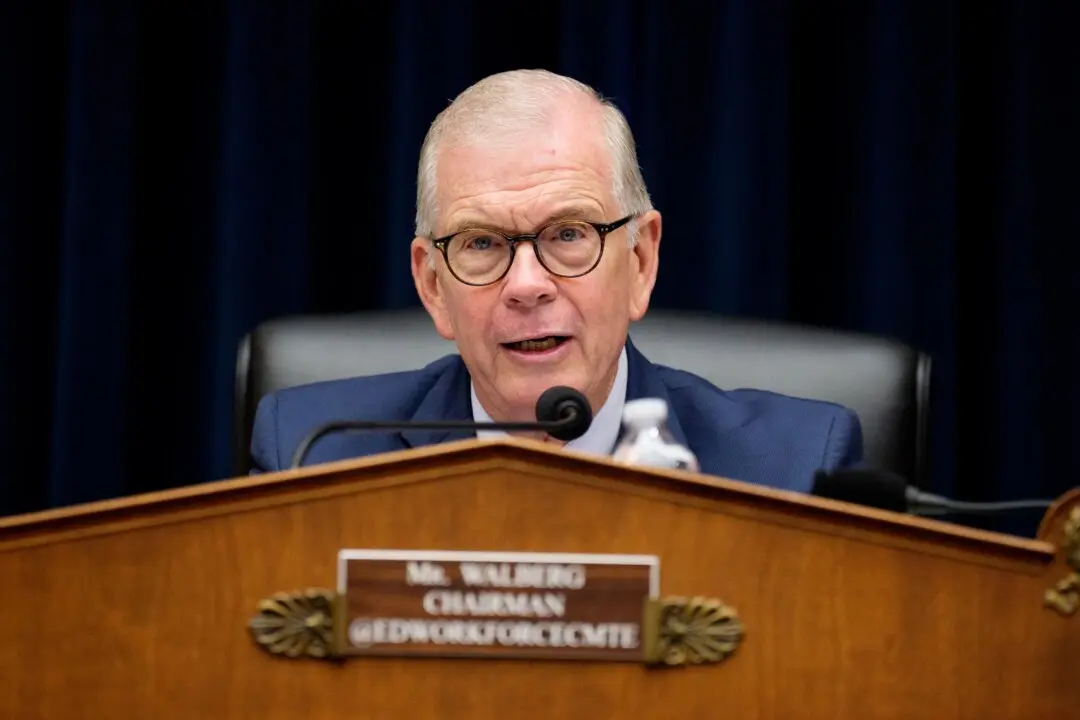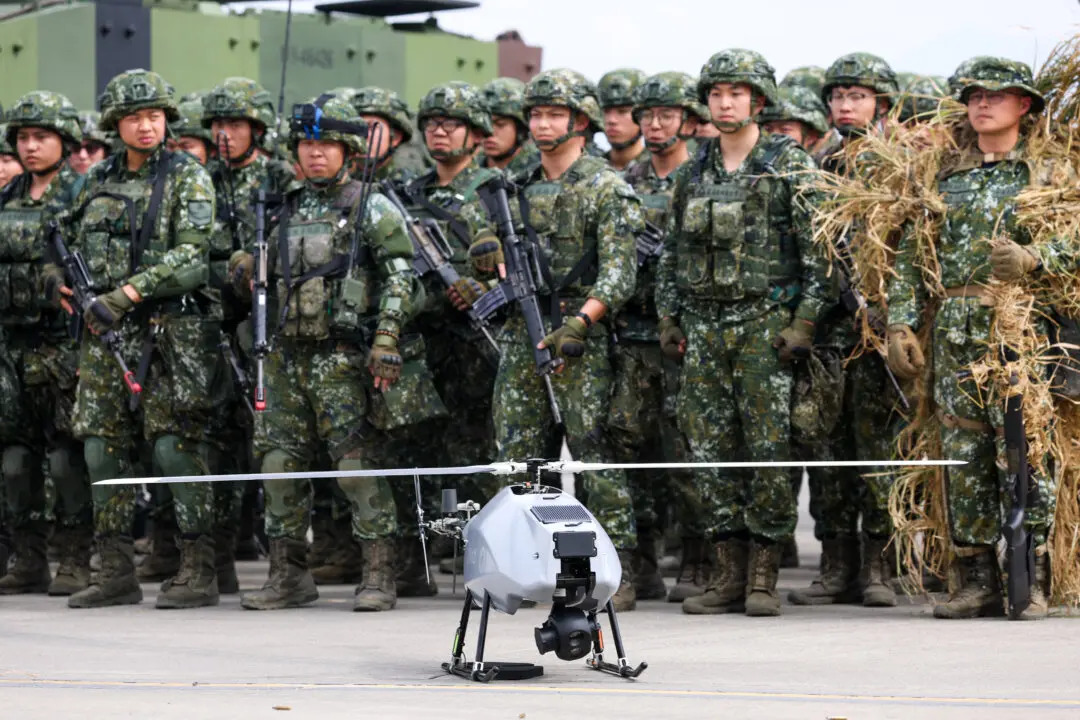NATO Secretary General Jens Stoltenberg sounded the alarm over China’s increasing nuclear capabilities on Sept. 6, calling on Beijing to join international efforts to limit nuclear arms.
“China’s nuclear arsenal is rapidly expanding, with more warheads and more sophisticated delivery systems,” he said. “Moreover, China is building a large number of missile silos, which can significantly increase its nuclear capability.





